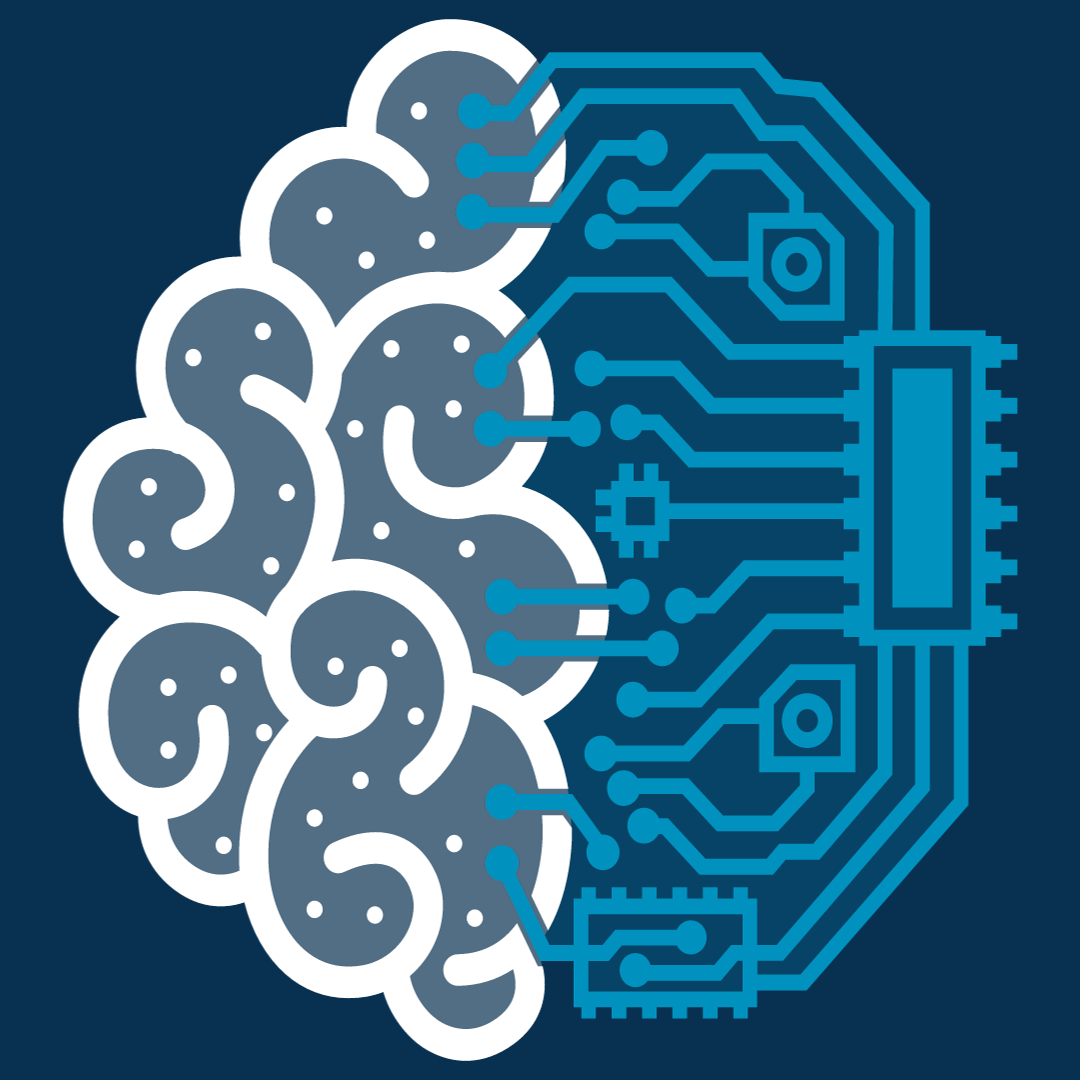4 Signs you Lack Emotional Intelligence – and How to Correct It
 Emotional intelligence (EQ) is your ability to put yourself in someone else’s shoes, identify your emotions and regulate your reactions to others. People who have high levels of emotional intelligence understand who they are. They are aware of how emotions can drive their behavior and decisions, so they are able to influence others.
Emotional intelligence (EQ) is your ability to put yourself in someone else’s shoes, identify your emotions and regulate your reactions to others. People who have high levels of emotional intelligence understand who they are. They are aware of how emotions can drive their behavior and decisions, so they are able to influence others.
Emotional intelligence can be the crucial factor that sets top performers apart from other employees. In fact, a Career Builder survey stated that 71% of employers value EQ over IQ. Psychoanalyst Robin Stern, Associate Director for the Yale University Center for Emotional Intelligence, defines emotional intelligence as understanding what is going on in the moment so you can make conscious choices about how you want others to see you. She notes that people with emotional intelligence know how to use their emotions to inform their thinking, and use their thinking to inform their emotions.
Here are some tell-tale signs that you need to improve your emotional intelligence:
1. You are Not Self-Aware
When you are not self-aware you can’t see yourself from other people’s point of view and understand how your actions affect the team. Emotionally intelligent people know the “triggers” that push their buttons and elicit an impulsive, emotional response. People who are not self-aware simply react without thinking.
To avoid an automatic response, figure out the people and conditions that trigger your negative emotions. It helps if you can identify your emotions by using specific words like “frustrated” or “irritated.” Heightened self-awareness can help you avoid situations that are likely to elicit a negative emotional response.
2. You Can’t Handle Stress
The internationally renowned psychologist Daniel Goleman states that emotional Intelligence plays a major role in handling stress. In an interview with the American Management Association, he noted that it is important for leaders to use emotional intelligence skills to handle stress because their negative energy can trigger anxiety in other members of the team.
Self-regulation, the ability to control your emotions, is a key part of emotional intelligence. People who are able to regulate their emotions can recover from stress more quickly and become more relaxed, focused, engaged and productive.
3. You Don’t Listen
Hearing and really listening are two different things. Active listening is an important communication skill that helps people relate well to others. To become an active listener, you not only have to listen to the words the other person is saying, but you also have to be able to process their tone of voice and body language in order to understand what the speaker is feeling.
Active listeners are aware that what is not being said can be just as important as the topics that are discussed. People with high emotional intelligence listen at least as much as they talk, stay cool under pressure and conduct thoughtful discussions. They can take constructive criticism, admit their mistakes and learn from them.
4. You Find it Hard to Assert Yourself
Some people automatically default to aggressive behavior when they are challenged, and others are driven to become passive. Both of these situations indicate individuals who find it difficult to assert themselves in a mature, productive way. People with high levels of emotional intelligence are able to establish boundaries and remain emotionally balanced.
Emotionally intelligent people know how to handle conflict. They are able to express opposing points of view while maintaining their empathy, kindness and good manners. Emotionally intelligent people can assert themselves and neutralize difficult adversaries while preserving working relationships. They steer clear of situations and people who trigger unfiltered emotional reactions.
A Long Way to Go
A 2015 study of emotional intelligence in the workplace concluded that emotional intelligence plays an important role in the organization, and it recommends that teams need to increase their EQ levels for better performance. The study found that while 61% of respondents said they are aware of their emotions, only 34% said they can control their emotions. Clearly, there is work to be done. While some people are naturally more emotionally intelligent than others, the good news is that with a desire to improve and professional guidance, people can improve by practicing emotionally intelligent behaviors that will eventually become habits.
Developing your Emotional Intelligence
At True Colors, we help organizations create a culture of success where every employee feels understood and empowered. True Colors drives positive change in organizations around the world by encouraging leaders and staff to embrace individual personality differences. We use personality tests based on proven temperament theory to teach leaders and co-workers personal awareness for improved communication, engagement, collaboration and productivity.
When you partner with True Colors, an experienced Master Trainer will help evaluate your needs and set realistic, achievable goals. We help your organization thrive by implementing programs that meet challenges in leadership, team building and conflict. Our customized programs include online personality testing, consulting sessions, workshops, live events and keynote speaking engagements.
For additional information about True Colors International and Advanced Certification in Selling, please visit http://truecolorsintl.com or call 800-422-4686.





